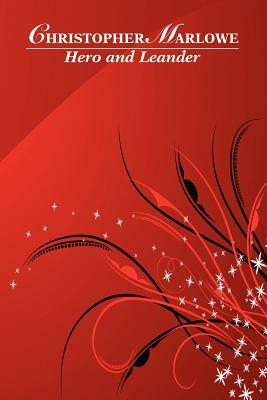I made a mistake when I put Hero and Leander on my Classics Club list. I wanted to add a play by Marlowe, and I picked it out from a list of his works without realizing it was a long poem. Why I didn’t pick one of his plays from a volume of four that I already had, I don’t know. What I know is that long poems and I don’t get along, especially ones laden with classical illusions.
But I tried. Leander, a beautiful virginal youth, sees Hero, a nymph who has vowed to Venus to keep her virginity. They fall in love. He woos her but she is reluctant. She finally gives in. He leaves but decides to marry her.
The poem is divided into six “sestiads.” I got about halfway through the fourth one—about halfway through the poem—when I realized I had stopped knowing what was going on. I tried several times but Marlowe just seemed to be babbling on about various deities. I finally stopped.
Reading this made me remember a college paper I wrote about whether Shakespeare really wrote Shakespeare. The assumption made by people who thought he didn’t was the classist idea that he wasn’t educated enough to have such a vocabulary, but this idea reflected a lack of knowledge of Elizabethan society. He was the son of the mayor of Stratford, which didn’t put him in the first ranks of society but made his family provincial but important. True, he had no university education, but he was clearly an autodidact who was fascinated with words. And he was educated enough to be a tutor when young to a prominent family. There are contemporary references to him, and he suffered some flak for not having been at Eton or Oxford.
But just reading the various contenders’ work (of which Marlowe was one despite having died well before the end of Shakespeare’s career) told me that there was no resemblance between his style and others’. His was much more sophisticated and flowing. It’s that iambic pentameter and that word play. And all I have to say is, Roland Emmerich may know a lot about film, but he knows nothing about literature.
My apologies if I made any mistakes. This is all from my memory.












